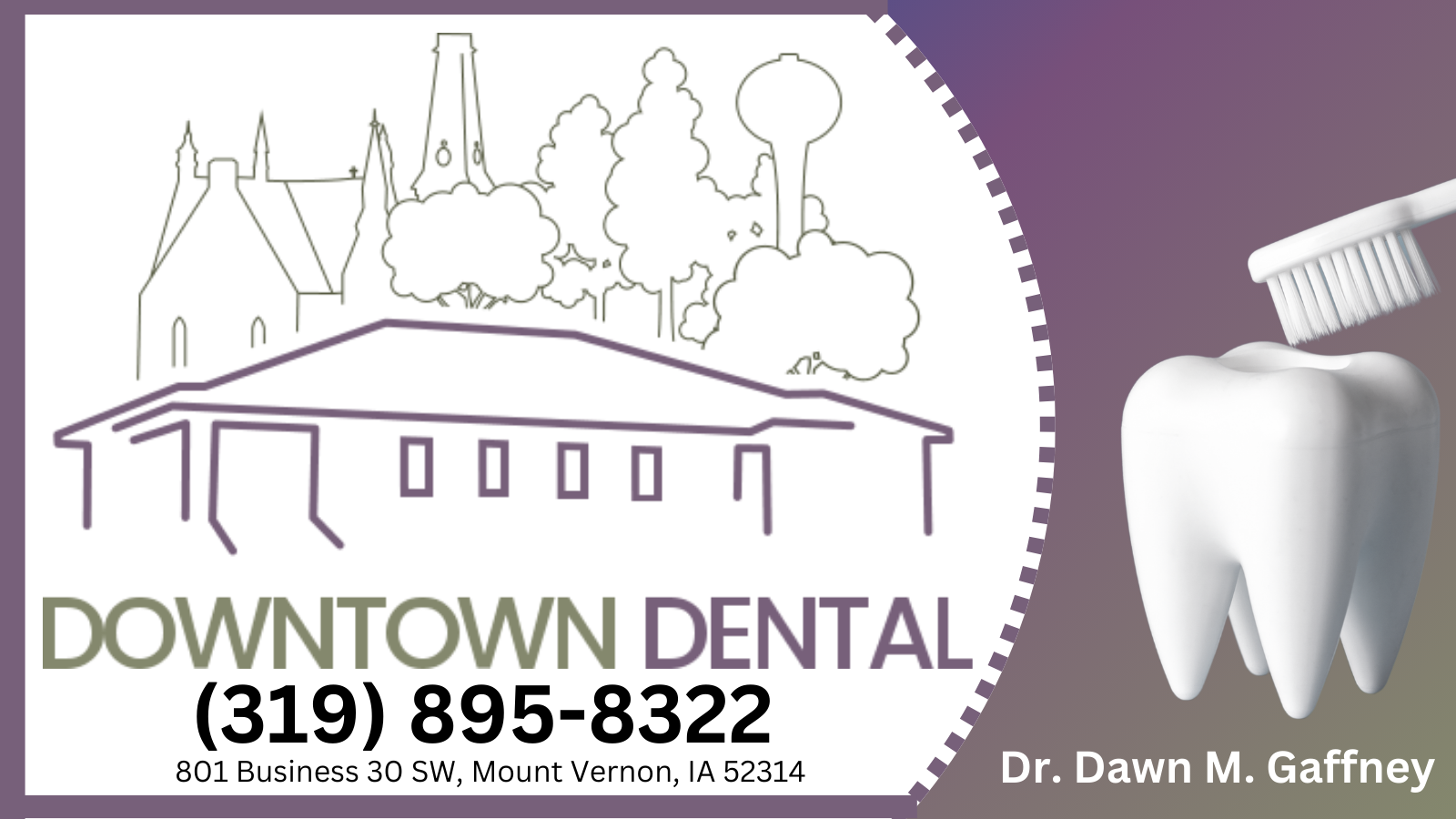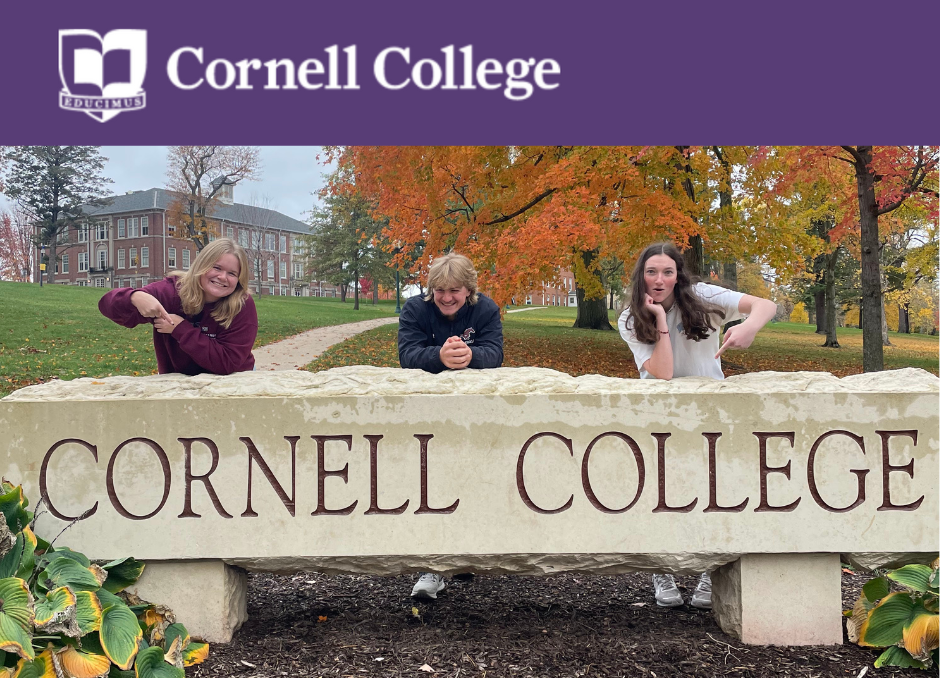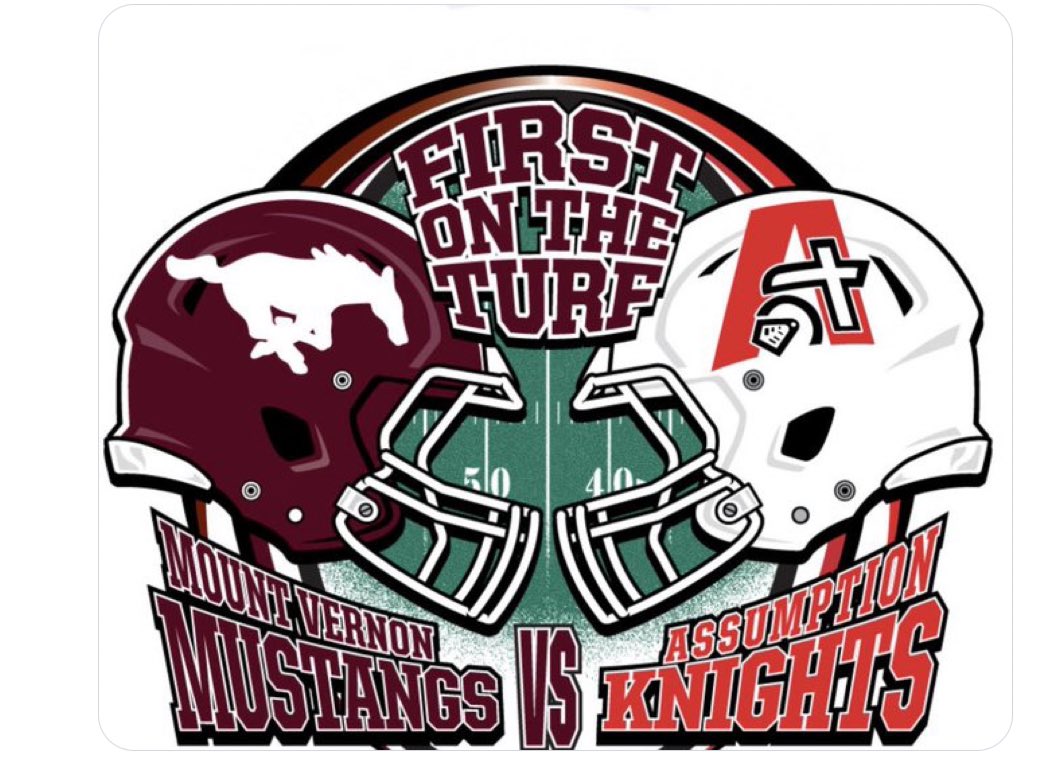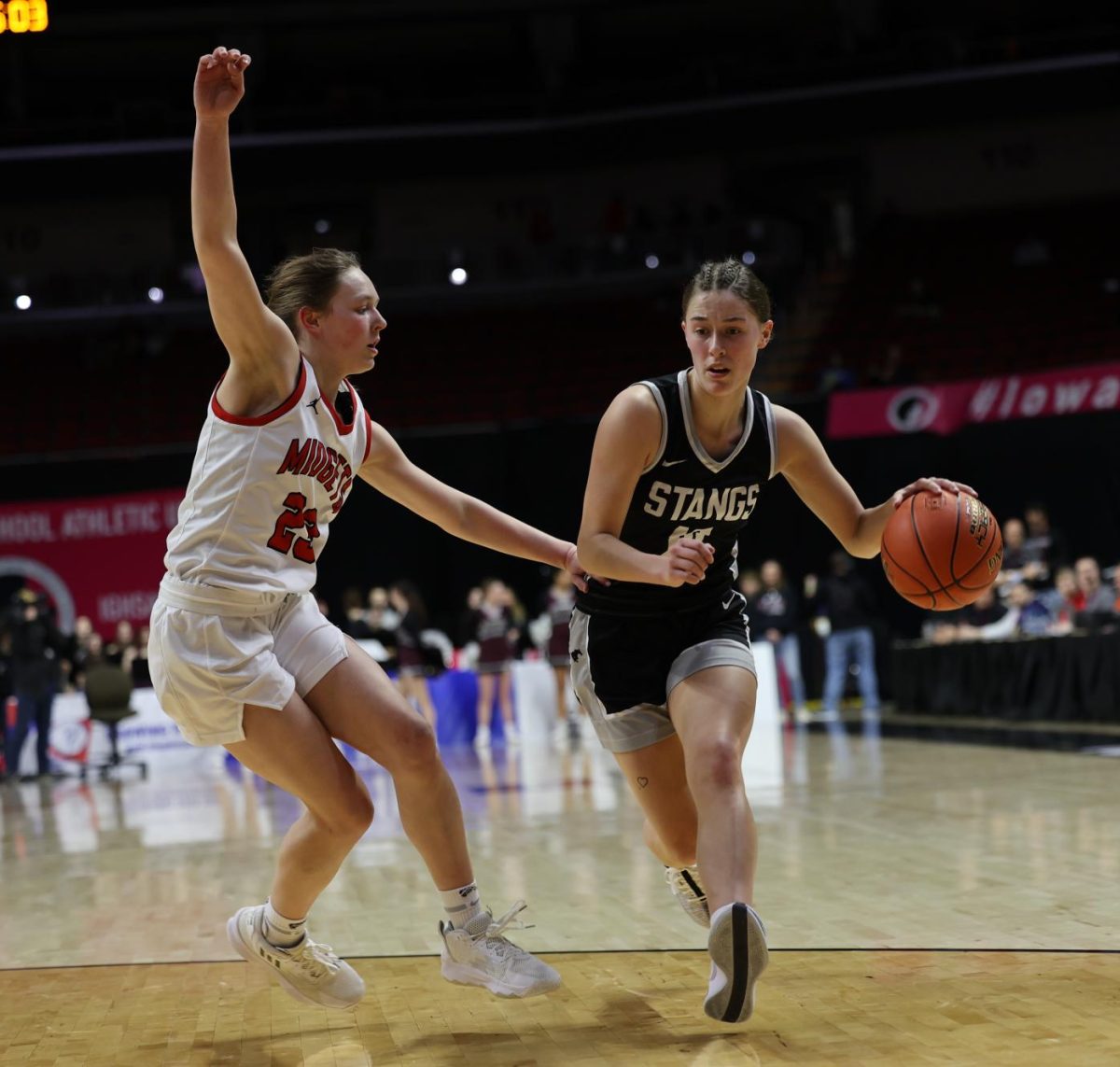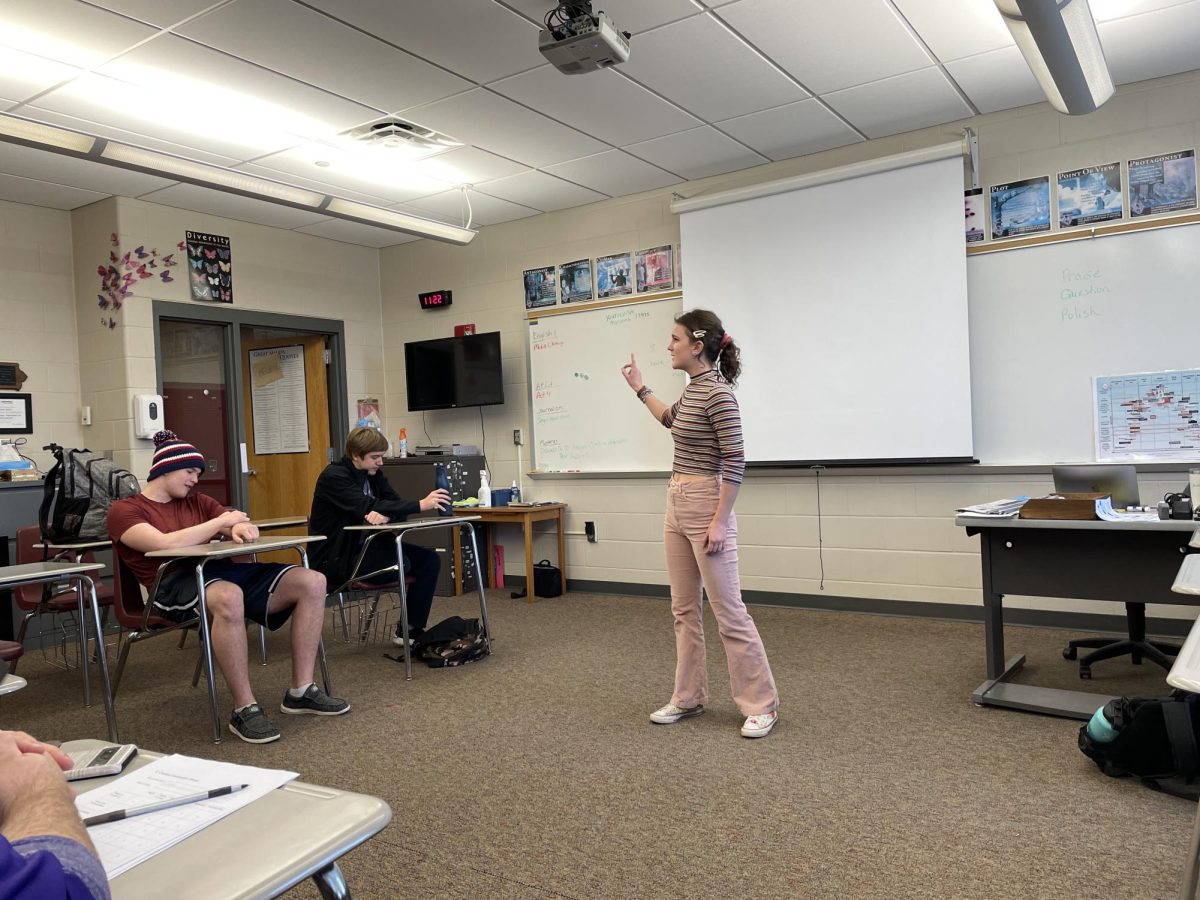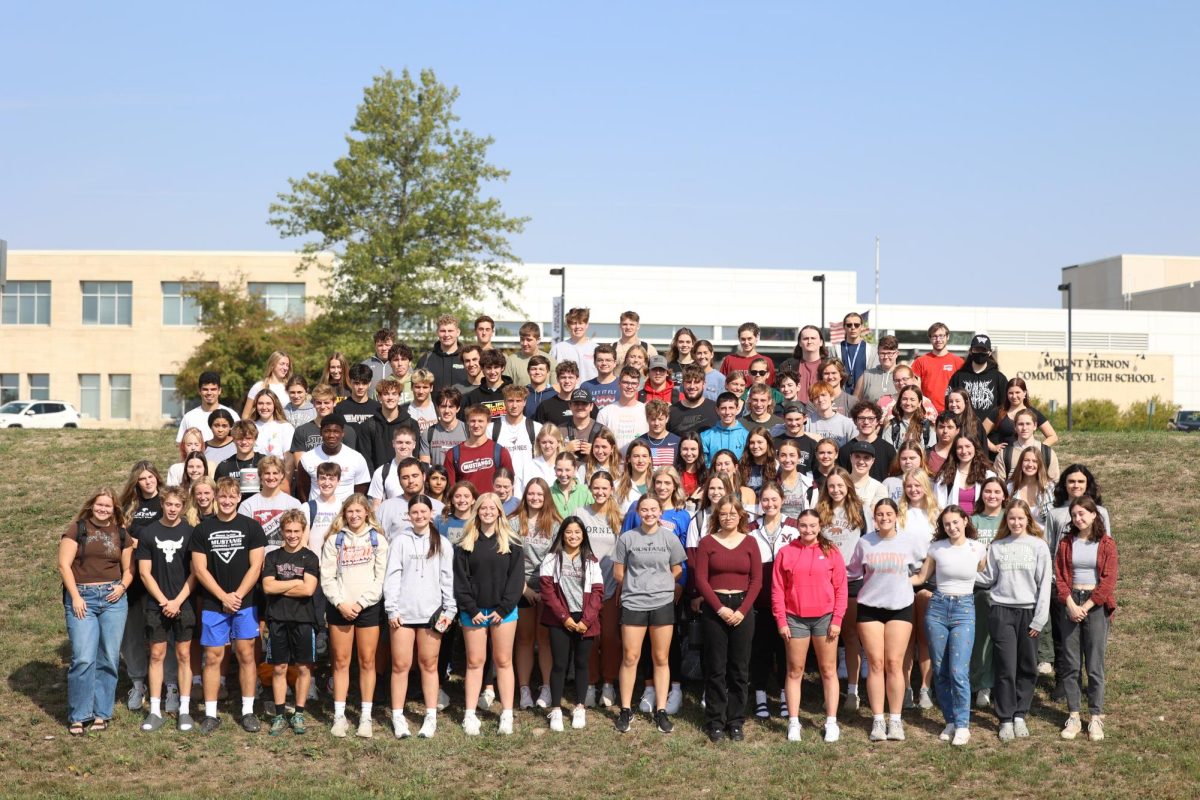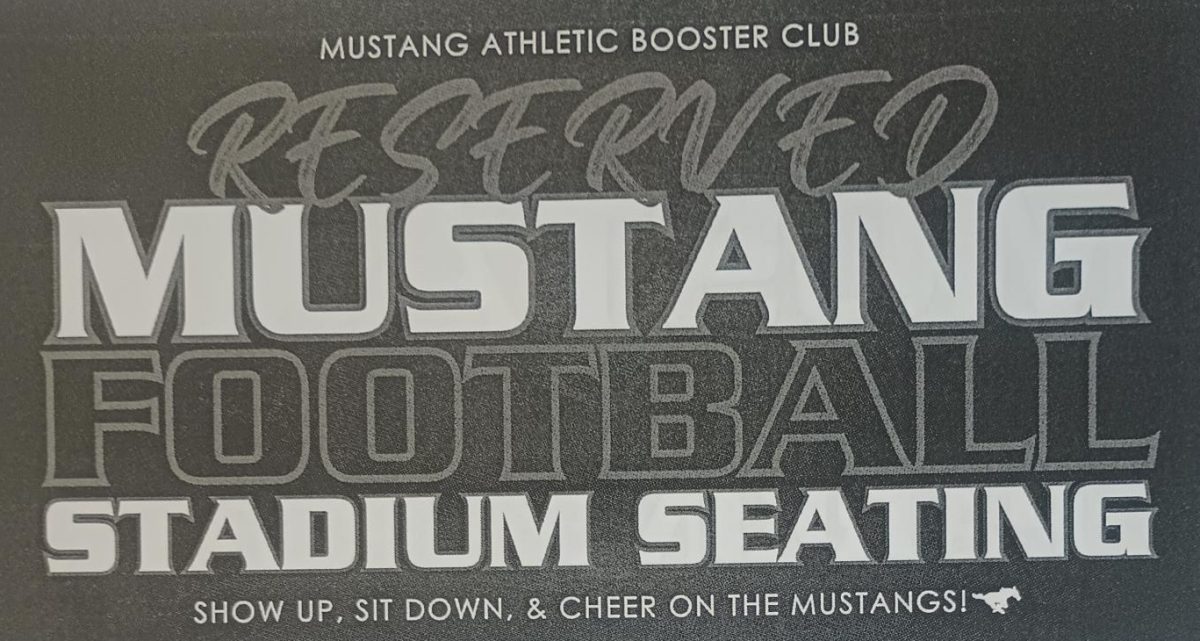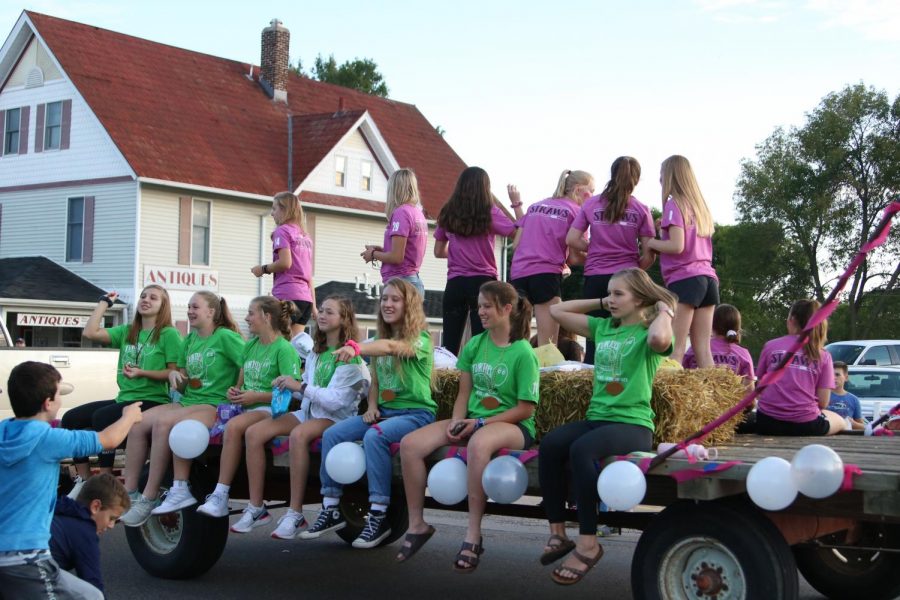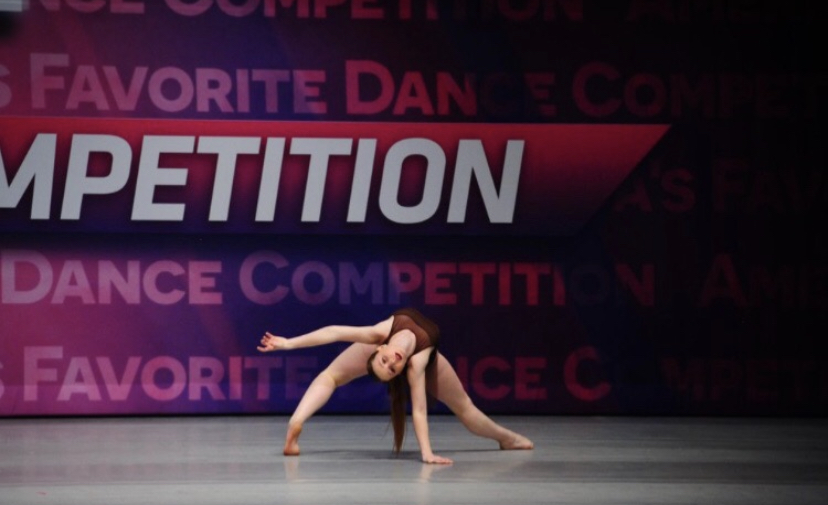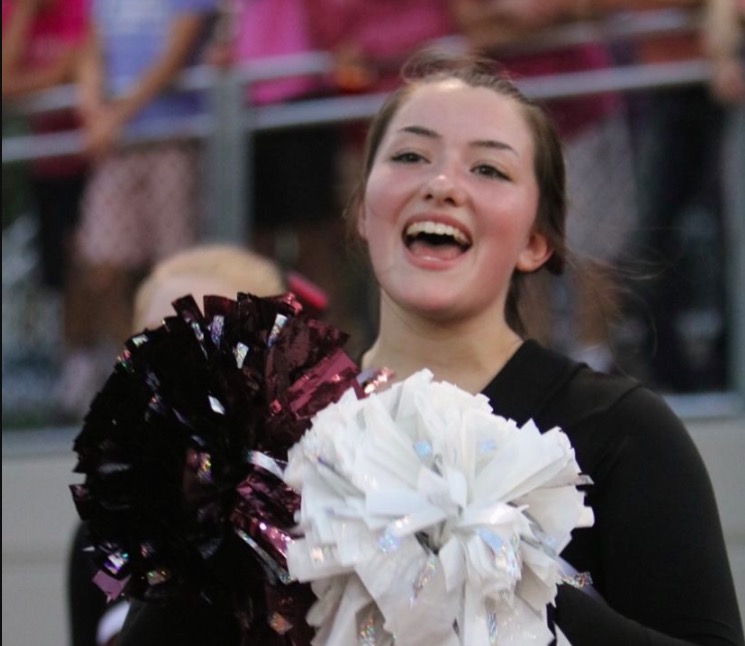By Riley Hauser
There are many classes that are known to be hard. Some are mandatory, such as political science, and others may be electives, as is Honors Composition. But which of these classes help you the most? Should you take the Honors classes? Here is what Mount Vernon seniors say are the ten hardest classes, based on a survey of seniors in Spanish 4 and German 4 classes given in February.
Editor’s note: Admittedly, this is not a scientific survey. More students have taken required classes like political science, and more students take Spanish than German, so the number of students who take a certain class influence the number of students who would vote it as the most difficult. Anonymous quotes from the survey are included in the story.
10) Honors American Literature
A college-prep English class, Honors American Literature is expected to be a tough test for students. This class focuses on literature from American authors, mainly including 19th Century American writings. It also looks at the growth of literature in the United States. This class has a reasonably heavy workload of writing involved. It involves the reading of many books and plays including The Adventures of Huckleberry Finn, and as one student said, “There are high expectations.”
The real question is, would seniors say this class has helped them a lot? On a scale of one to ten, the seniors that listed this class gave it an average of 5.7, as one student said that it made them “more aware of literature,” and that it also challenged them, helping them to work harder.
9) Chemistry
Chemistry is a class that teaches people how to balance the average chemical equation, along with other basic chemistry material, such as the concept of the mole unit.
Chemistry is very heavily based on math, with a lot of algebraic concepts involved, such as finding the unknown in an equation, and then also has many basic calculations involved. The main reason it is hard, according to the seniors, is that it requires a lot of conceptual understanding. It also has many medium length assignments, which can build up if taken with many other hard classes.
When asked about how beneficial Chemistry is, many of the seniors gave it a lower rating at an average of 4.6 on a ten point scale. Despite this lower rating, this class can benefit students, as some students said “I learned a lot” or it “taught me to work harder.” One senior also said it “helps you teach yourself.”
8) Honors World Literature
Much like Honors American Literature, this class involves heavy reading, however this class is over the classic literature from western culture. Honors World Literature also covers essay writing regularly. This semester course also has a midterm and final exam, with a fairly large project on the classical author of your choice.
When asked about what made Honors World Literature hard, many students pointed to the heavy reading and writing, along with the end project about the author. “It’s a challenging class in general,” said one student, while another said that the “reading, discussion, and interpretation” made the class hard.
This class, which is fairly similar to Honors American Literature, received a 5.9 in terms of being beneficial. The class “challenged me and made me a better student,” said one senior, and will help them with college.
7) Honors Calculus
A year-long math course, calculus is a class that takes all the material from one semester of a college Calculus I course and stretches it into a year long course. After taking this class, you are also expected to take an Advanced Placement test to attempt to receive college credit. Of the seniors, many cited that it’s tough material, a different teaching style and a lot of homework made it a tough class.
When asked about whether it was a beneficial class, many of students gave it a pretty high rating, and it ended up with a 6.3 on a scale of one to ten. “You learn a lot of new material,” was the response one senior gave. Another great benefit is that you don’t have to take the college equivalent if you pass the Advanced Placement test, and you may receive college credit for the class.
6) Honors Pre Calculus
Pre Calculus is a high level math class which combines concepts of Calculus with what was learned in its prerequisites, Geometry and Honors Algebra II. It contains a lot of trigonometry and application of formulas to real world situations in the curriculum. It is an “overall tough math class,” according to senior Lukas Lengwin.
When asked about how much it has helped them, seniors gave it a fairly high average of 7.1 out of ten. “It makes you think and problem solve,” said one senior, while another said that it will help him for college. This class is also a prerequisite for Honors Calculus.
5) Honors Chemistry
(will become Chemistry 3)
Now a semester long course that builds on Chemistry, it is required that you take Chemistry 1 and 2 before to take this class. Chemistry 3 focuses more on reactions in chemistry, and includes material that will be found in an introductory college chemistry course.
Many said that the reason it was tough was the material. You can determine if you should take this class based your experiences in Chemistry 1 and 2.
Many seniors thought this class was beneficial, allowing it to end up with an average rating of 7.5 out of ten. One senior said that although the material didn’t matter for his or her planned college major, it helped them “make sure to study and get the basics down.”
4) Spanish
Spanish classes are self explanatory, as they are a class in which you learn to speak, read, and understand the Spanish language. Along with learning the language itself, you also learn about the countries in which Spanish is spoken and their histories.
“It’s a new language, so it’s tough,” said one senior on why the class is difficult.
This was the most mixed course in terms of beneficial or not, ending up with an average score of 5.7. Some people gave it a really low score, and said “I don’t really need to know a new language,” and that they didn’t really plan to use it. Others though, said that it’s really beneficial because “now I don’t need to take it in college,” or that it helped with a trip that they took.
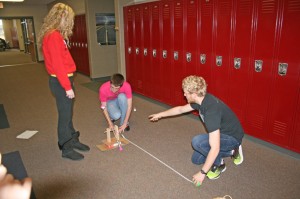
This course is a year long, in-depth class. It focuses on physical phenomena of motion, forces, light, heat, and other things. It is presents a lot mathematical calculations and formulas. Many seniors found this class hard, for reasons including tough material.
There were mixed opinions about the worth of the course; some gave it a low rating, saying that all it does is frustrate and stress them out all night. Others said that it helps because they have don’t have to take it in college, or have a background for college, and that they also can take AP Physics to earn a college credit.
2) Political Science
Political Science is a semester long social studies course. It is required for graduation, and is the study of government at the local, state and federal level. Political Science also takes a look at the American Bill of Rights, with a special focus on the freedoms of speech, press, and religion. It also looks at search and seizure laws, with debates about popular topics today, such as abortion and gun control.
Many people found this class difficult, saying “government is hard to understand.” It is also “very stressful” with many difficult papers and a lot of government terms to learn.
This class is widely thought to be a very beneficial class, as it informs you about the views of each political party, which is very helpful when voting for president, representative, and or senator. These benefits earned it an average rating of 8 out of 10.

The number one toughest class, as decided by the seniors, was Honors Composition. A writing class, it is a college preparation class, which teaches the expectations for a college paper. When the grading is tough and the requirement of a paper a week, this is considered a “very stressful” class, in that it requires “high quality of work in a short amount of time.”
Along with being the toughest, seniors rated this the most beneficial class, with a very high rating of 9.8 out of 10. “It made a better writer” was a common response from the seniors. This was rated by far the most beneficial class in the school.
There you have it, the ten most difficult courses at Mount Vernon High School according to the senior class. While there are many common themes as to what makes a class difficult, there is also a common theme as to the main benefits. Classes are difficult for different reasons, including content and homework load, but all classes have the potential to prepare us for our planned future.


